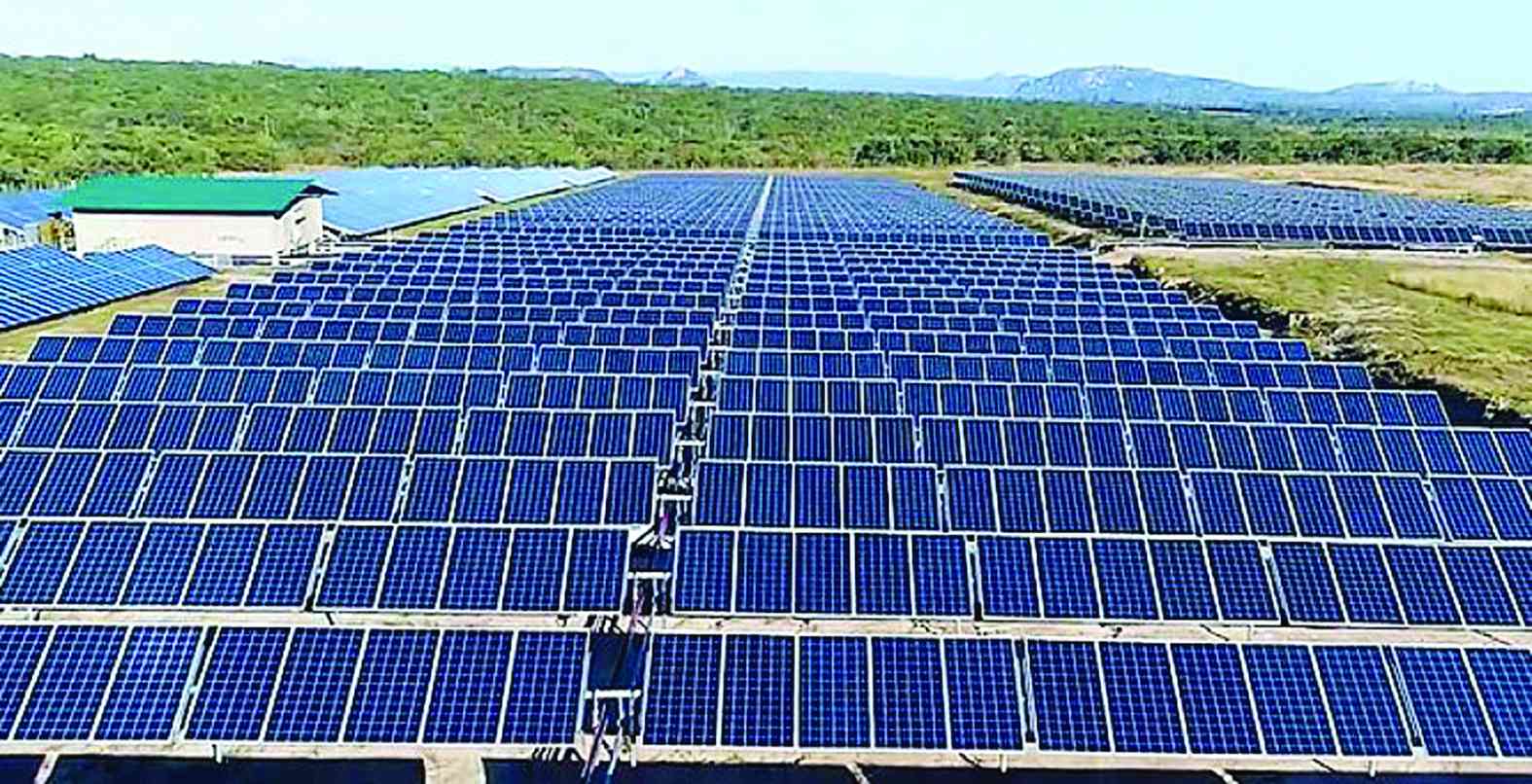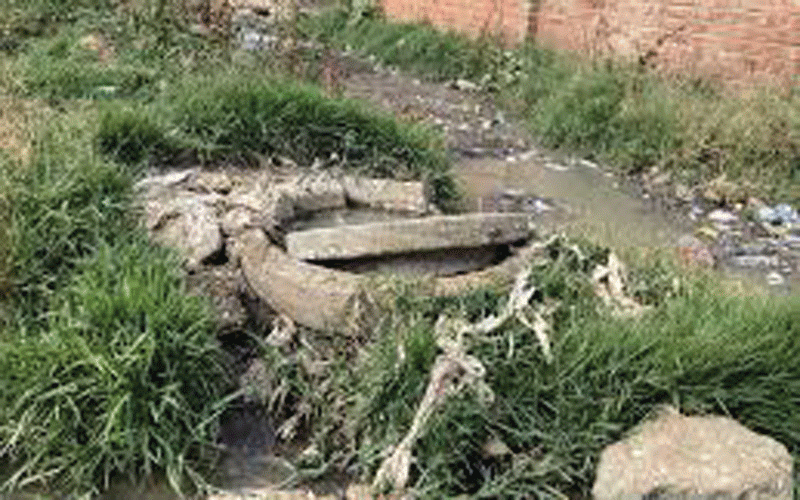
FOR many Zimbabweans, the flicker of a light bulb is more than just illumination; it’s a symbol of hope and an indicator of the nation’s struggle for energy independence.
As the country grapples with persistent power shortages and inconsistent electricity supply, the voices of both urban and rural citizens resonate with a shared desire for change.
The quest for alternative energy solutions has emerged as a beacon of hope, yet the journey is fraught with challenges, bureaucratic hurdles, and the shadows of past failure.
In the early 2000s, energy experts urged Zimbabwe to capitalise on its vast potential for harnessing alternative energy sources.
However, without autonomy from the corridors of power, local independent power producers (IPPs) found themselves stifled.
That was a time when regional energy prices were beginning to rise, and the country’s reliance on a faltering main grid increasingly threatened its economic stability.
Fast forward to today, the government has declared a renewed commitment to empowering IPPs, asserting that independent power generation is essential for revitalising the economy.
At the recent Energy Forum for Africa (EFA) held in Harare, leading stakeholders from Zimbabwe and Zambia gathered to forge partnerships aimed at closing the southern Africa energy gap.
- Mavhunga puts DeMbare into Chibuku quarterfinals
- Bulls to charge into Zimbabwe gold stocks
- Ndiraya concerned as goals dry up
- Letters: How solar power is transforming African farms
Keep Reading
The event underscored a collective recognition that sustainable energy development is crucial for the region’s future.
Benson Munyaradzi, the director for policy and planning in the Energy and Power Development ministry, emphasised the government’s strategy: “We have developed the National Energy Compact, a roadmap designed to ensure affordable, reliable and sustainable electricity for all citizens by 2030.
“Our targets include electrifying 3,1 million households, thereby providing universal access to electricity.”
Yet, the promise of this compact is met with scepticism from many citizens.
In urban areas like Harare, where power outages are frequent, frustrations are palpable.
“We can’t plan our lives around electricity supply,” says Thandiwe, a business owner in the capital, who preferred to provide only her first name.
“My bakery relies on electricity for everything — from baking to refrigeration. Every outage is a loss.”
Her story reflects the hardships faced by countless small businesses that struggle to thrive in an environment where power is a luxury rather than a right.
In rural communities, the situation is even dire.
Many households lack access to reliable electricity, relying on candles and kerosene lamps.
“We often go for days without power,” laments Juma, a farmer from Masvingo.
“Without electricity, we cannot store our produce and it spoils before it can reach the market.”
Juma’s experience underscores the economic vulnerabilities that arise from a lack of reliable energy, affecting not just individual households, but entire communities.
The government’s push for IPPs is seen as a potential solution but significant barriers remain.
Local entrepreneurs eager to invest in renewable energy face bureaucratic red tape and a lack of financial support.
“We want to help our communities, but the process is slow and cumbersome,” says Tendai, an aspiring solar energy producer.
“We need partnerships but it feels like the government is not fully committed to making it happen.”
The EFA event aimed to bridge these gaps by enhancing synergies between IPPs, government agencies and financial institutions.
However, experts caution that without addressing systemic vulnerabilities, the path to energy independence may remain elusive.
Nyasha Chikanda, an energy analyst, warns: “The reliance on traditional energy sources has left us vulnerable to external shocks. We need a diversified energy portfolio that includes renewables.”
Past academic reports highlight substantial economic losses attributed to power shortages, with industries reporting diminished output and increased operational costs.
A recent study estimated that Zimbabwe’s economy has lost billions due to power outages, with the manufacturing sector being one of the hardest hit.
As the nation strives for industrialisation, the importance of a stable energy supply cannot be overstated.
Amid these challenges, the voices of ordinary citizens continue to rise.
At a recent community meeting in Epworth, residents discussed the importance of solar energy as a viable alternative.
“We can’t wait for the government to fix everything,” says Anesu, a local leader.
“We can harness the sun and provide for ourselves. Solar panels can change our lives.”
This sentiment reflects a growing awareness among citizens that they must take an active role in their energy future.
The government’s recent initiatives, though promising, must be accompanied by genuine engagement with the community and a commitment to overcoming bureaucratic obstacles.
The voices of IPPs, energy experts, and citizens alike must be heard and integrated into the national energy dialogue.
The stakes are high: energy independence is not just a matter of convenience but a cornerstone of economic recovery and sustainable development.
As Zimbabwe navigates the complexities of energy production and consumption, the collective hope is that the light at the end of the tunnel is not just a flicker but a steady glow of progress.
With the right partnerships, innovative solutions and a commitment to inclusivity, the nation can move towards a future where energy is a blessing rather than a curse.










